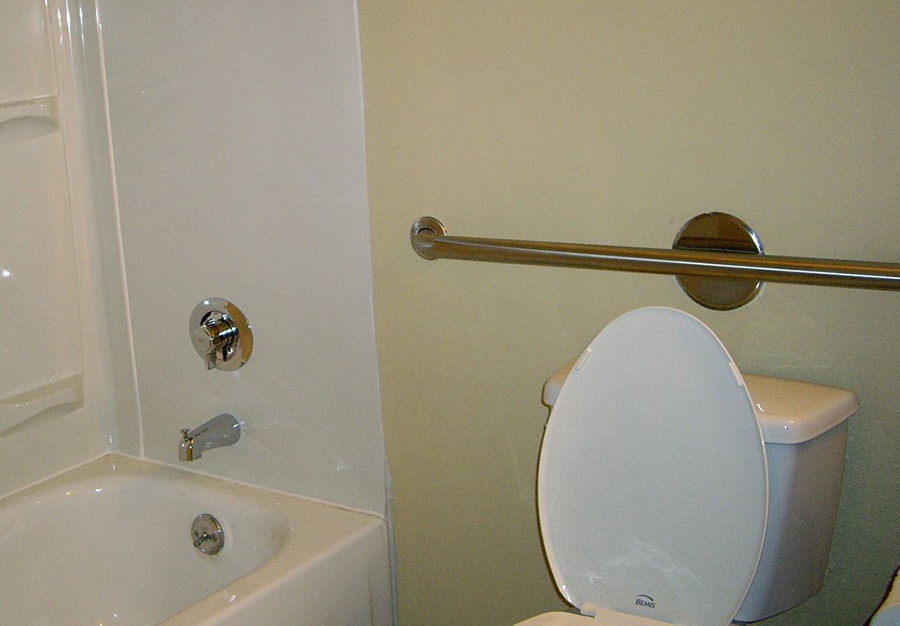Study suggests 31 percent falls reduction rate for people with home modifications

A randomised controlled trial (RCT) in New Zealand has explored how effective home modifications are in helping prevent falls for occupants.
The RCT took place in the Wellington and Taranaki regions of New Zealand and enrolled owner-occupied households with at least one Māori occupant. According to the study, Māori people face health inequalities, so the study wanted to explore whether low-cost home modifications can help this population, make their homes safer to live in, and reduce health inequalities.
Occupants were equally divided and randomly assigned to either the intervention group, who received home modifications immediately (126 households), or the control group, who received the modifications three years later (128 households). The intervention group adaptations included installing assistive technologies such grab rails for bathrooms and handrails for outside steps.
After adjustment for previous falls and geographical region, there was an estimated 31 percent reduction in the rate of fall injuries at home per year exposed to the intervention compared with households in the control group. The RCT suggests that low-cost home modifications can be an effective means to reduce fall injury disparities.
Low-cost home modifications, according to the RCT, in preventing fall injuries in for Māori homes were valued at approximately £300 (NZ$575), making them a “highly cost-effective” intervention.
The study – ‘Home modifications to prevent home fall injuries in houses with Māori occupants (MHIPI): a randomised controlled trial’ – was published in September 2021 in The Lancet. Read the full RCT here.
The study authors believe that the package of modifications that constituted the intervention in this study could feasibly be rolled out nationally in New Zealand, subsidised to some degree by central government.

